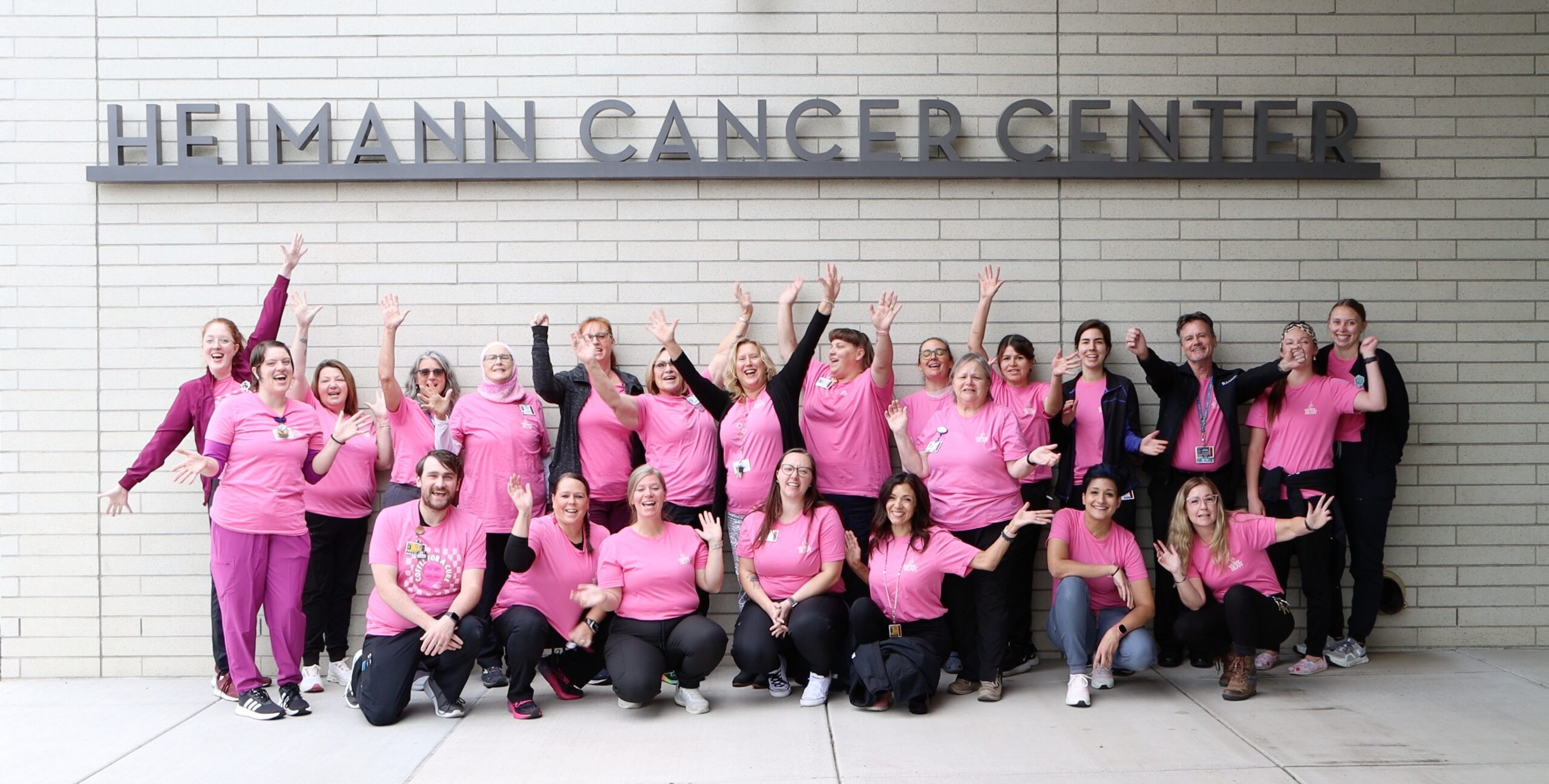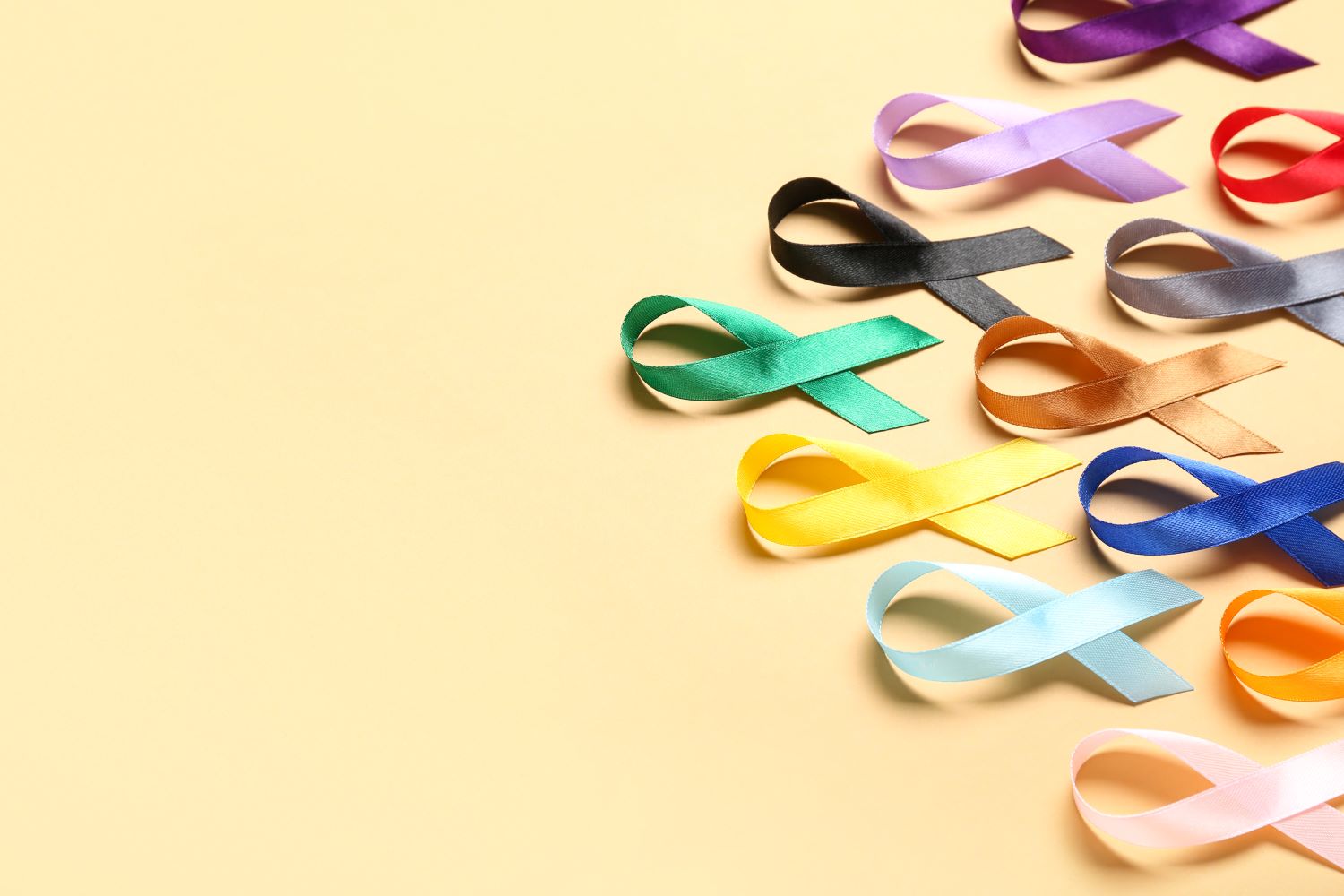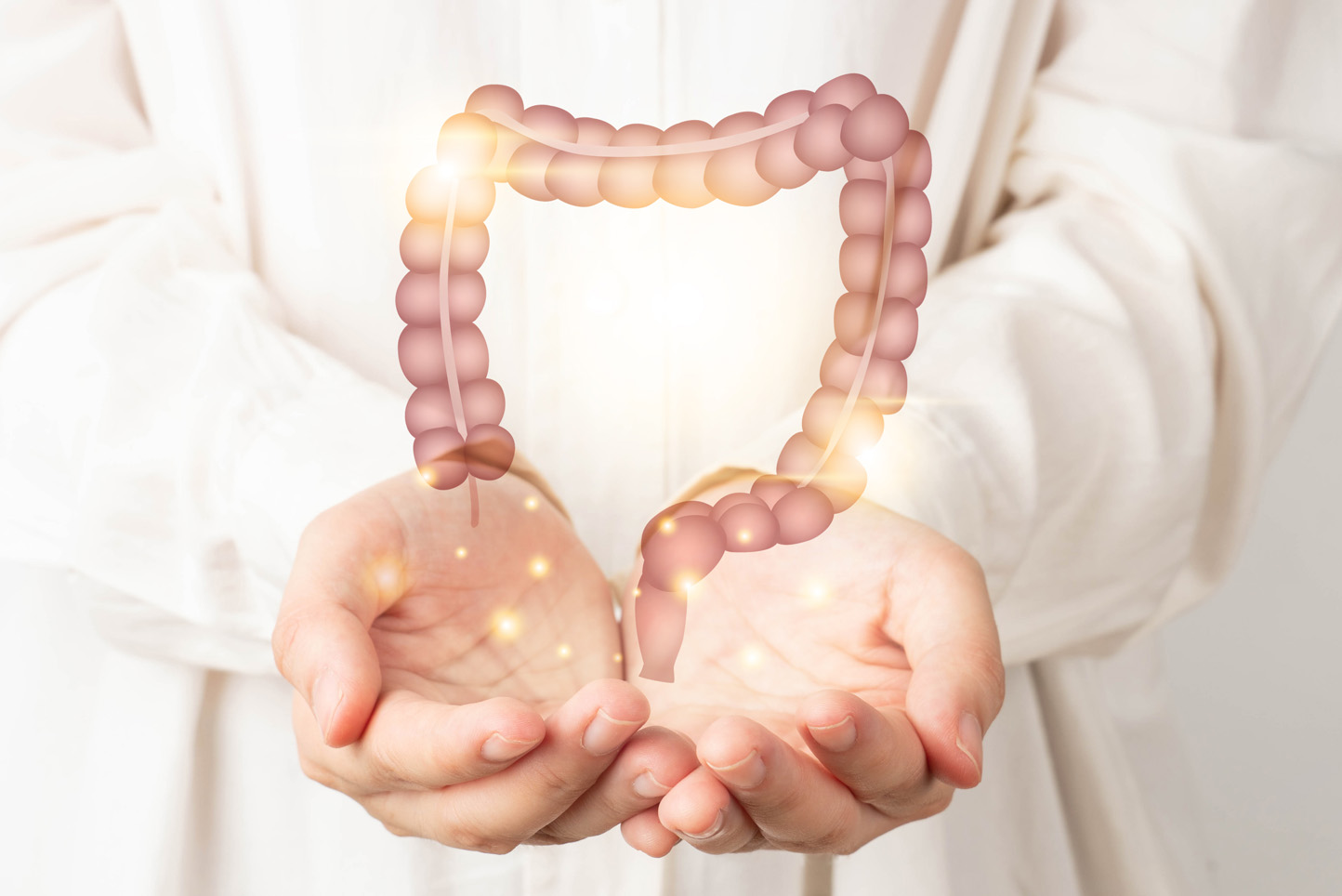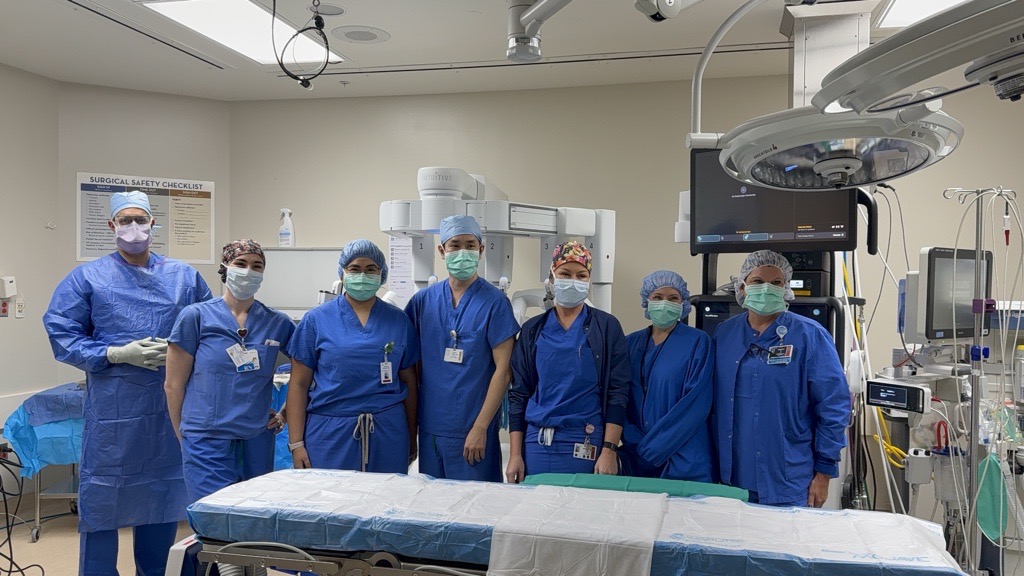Summary
This article provides simple, practical steps to lower blood pressure naturally. It's essential reading for those seeking to improve their heart health, reduce the risk of serious complications and enhance overall well-being without relying on medication.
How can I lower my blood pressure without medication?
While genetics are a major risk factor for developing high blood pressure, lifestyle choices also play role. Being overweight, smoking and eating a high-sodium diet can all increase your chances of developing high blood pressure. The good news is, some simple changes can make a big difference.
The impact of weight on blood pressure
First, lose a little weight. It only takes about 10 pounds or 10 percent of your body weight to start changing your blood pressure for the better. That means a 10 pound gain can raise your blood pressure, but for people who are only moderately overweight, a 10 pound loss can start reversing the trend.
How high is too high?
For the average person:
Normal blood pressure = less than 120/80
Pre-hypertension = 120-139/80-89
Stage 1 hypertension = 140-159/90-99
Stage 2 hypertension = greater than 160/100
The power of movement: exercise and blood pressure
Second, get moving. Exercise releases nitric oxide, a chemical that relaxes your blood vessels and therefore lowers blood pressure. For most people, 30 to 45 minutes a day is a good start. Check your blood pressure before and after you exercise and just see the difference.
Watching what you eat: diet and high blood pressure
And third, watch what you put in your body. If you eliminate smoking and processed foods from your diet, you’ll free your body from harmful substances that can raise blood pressure. Try cooking with spices and herbs to make food tasty without using salt. And eat plenty of fruits and vegetables; the calcium, potassium, and magnesium in produce help relax your blood vessels.
High blood pressure: the consequences if left untreated
Most importantly, remember high blood pressure is a silent villain. It doesn’t give you a lot of warning signs. You might feel just fine, but inside your blood could be pumping too hard. If left untreated, high blood pressure can eventually lead to stroke, heart failure, heart attack or kidney failure.
Preventive measures: regular blood pressure checks and a healthy lifestyle
So, check your blood pressure regularly, take steps to lower it and enjoy better overall health for your efforts.









